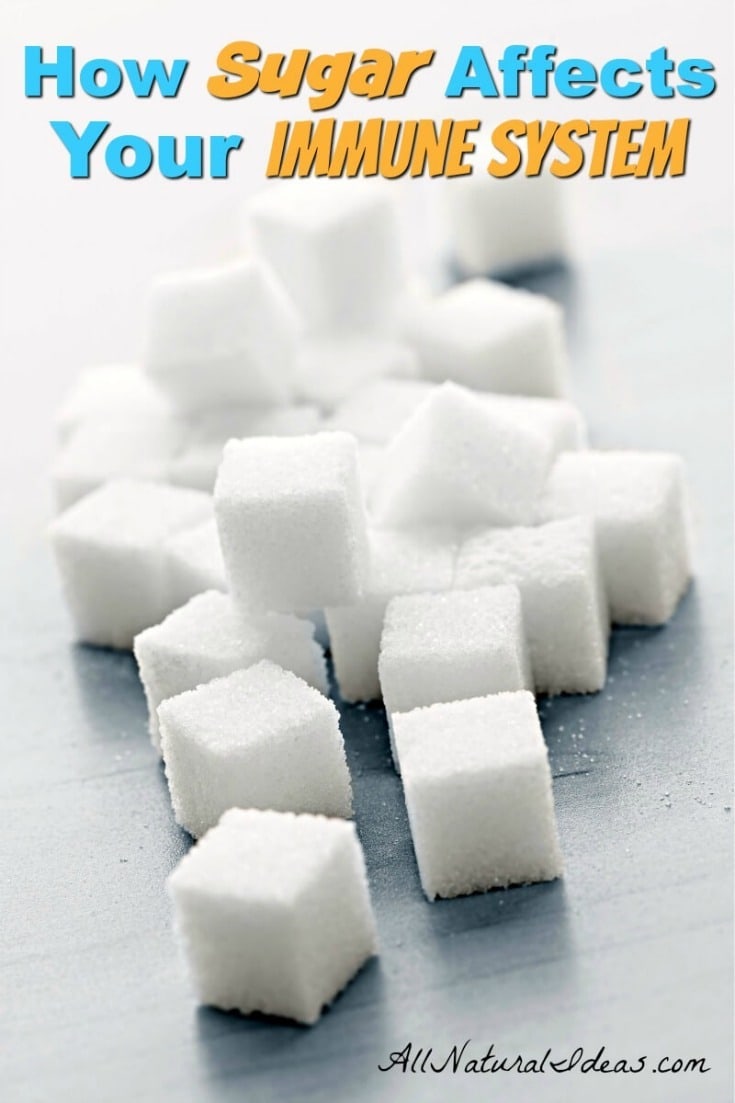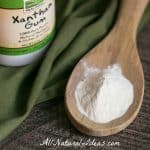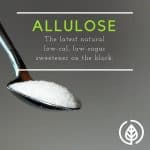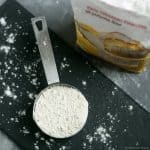Most people know that eating too much sugar can cause weight gain. But do you know about the sugar immune system relationship?

We all know that having too much sugar is bad for you. How bad is it? Without doubt, having too much ice cream, cakes and cookies can make your pants feel extra snug around the waistline. However, the sugar immune system connection is more serious than putting on an extra pound or two….
The relationship between sugar and immune system is not completely understood, even by many health experts. Though it’s public enemy #1 to trainers, nutritionists and celebrity health experts, few people can explain exactly how sugar lowers your immune system.
Perhaps we need to look at sugar as something more than something that causes weight gain. And cavities. If the sugar immune system relationship becomes crystal clear, maybe more of us will avoid it.
How Does Sugar Affect Your Immune System?
Slacker white blood cells
This 1973 study, in American Journal of Clinical Nutrition analyzes several different types of simple sugars. Specifically, their effects on “neutrophil phagocytosis.”
Phagocytes are cells that protect the body. They do this by eating bad bacteria and dead or dying cells. Neutrophils are white blood cells. Moreover, neutrophils are a type of phagocyte.
In the study, the subjects consume a variety of simple sugars. These include orange juice, honey, glucose, sucrose, fructose. Within a couple hours of consuming sugar, the subjects’ white blood cells exhibit sort of a sugar crash. Instead of doing their job of eating bad bacteria, they slack off.
What does this study say about the sugar immune system connection? Simple sugars weaken our white blood cells’ ability to fight bacteria.
There is an interesting sidenote to this study. It also relates to how sugar lowers your immune system. And it’s good news if you love to eat carbs. But only slow-burning ones. The study says starches do not weaken white blood cells’ ability to eat nasty germs. In light of this, enjoy a moderate portion of grains like quinoa (which is actually a seed) and wild rice. They won’t harm your immune system.
Furthermore, this study shows one more sugar immune system link. Fasting increases white blood cell’s ability to fight bad bacteria. (This provides ammunition for intermittent fasting.)
Cancer cells love sugar
Hopefully, you’re now fearful of eating sugar. You don’t want sugar to lower your immune system. Do you? And if that’s not scary enough, this is: refined sugars cause cancer.
A study in Molecular Systems Biology concludes the following:
“In cancer cells dependent upon glucose for survival, glucose withdrawal activates a positive feedback loop involving reactive oxygen species (ROS)… This loop amplifies ROS to toxic levels, resulting in cell death.”
In other words, cancer cells need glucose (simple sugar) to survive. Starve cancer cells of glucose and they have a better chance of dying.

Sugar: Think of it as poison
If you know sugar is poison why have it on a regular basis? You wouldn’t swallow a drop of arsenic would you? Start looking at sugar as a toxic substance. Then, when the sugar devil tempts you, perhaps you’ll think twice….
Some think that glucose is necessary for many of the body’s vital functions. But, our brains and body can use our own fat for energy. This is known as ketosis.
Want your immune system to be strong? To do this, you need to completely eliminate all added and processed sugars. What’s a processed sugar? They are hidden, added sugars in processed food. One example is high fructose corn syrup . (This is just one of many useful web pages with dozens of alternative names for sugar.)
A tiny dollop of honey in your daily tea is ok. It’s not likely going to make your immune system crash. However, the link between consumption of excess simple sugar and immune system function is crystal clear.
The sugar immune system connection: diabetes
British researchers conclude in Immunology the following:
“Raised glucose can also form what can be described as a sugar coating that can effectively smother and block the mechanisms our bodies use to detect and fight bacterial and fungal infections.”
Furthermore, the researchers also say, “Unhealthy glucose levels in patients with diabetes can cause significantly more problems for the body than just the well-known symptoms of the disease such as kidney damage and circulation problems.”
For people with diabetes, sugar weakens the immune system precipitously.

The sugar immune system connection: inflammation
A study in Magnesium Research concludes this:
“High fructose consumption with a low magnesium intake can induce metabolic syndrome by promoting inflammation in the body.
You may say, “Well wait a minute, I’ll just eat a ton of magnesium, and have my sugar, too, thank you.” However, it doesn’t quite work like that. Several studies prove that sugar causes inflammation with or without magnesium in the diet.
Does it matter if the sugar is from a natural source?
Yes and no. Natural sugars such as fructose (fruit sugar) may not be bad for your immunity. It depends of course on how much fruit you eat, though. Obviously, if you eat a huge fruit salad, that could cause inflammation. However, eating a serving or two of fruit a couple times a day shouldn’t lower your immunity.
However, regardless if it’s agave nectar, blue agave, organic brown sugar, molasses, Turbinado sugar … sugar is sugar. These natural sweeteners do raise blood glucose levels. In addition, too many natural sugars may cause insulin sensitivity. When your body has to make more insulin, this can weaken your immune system. Moreover, it doesn’t matter if the sugar is organic or all-natural. Consume too much of it, regardless of its name, and your immune system could be compromised.
Alternatives
If you have an insatiable sweet tooth, try this if you have the willpower. Go about 21 days without any added sugars or simple sugars. You’ll be amazed at how your taste buds will reset. Then after 21 days or so, you’ll be shocked at how naturally sweet a handful of blueberries taste! If you’re not willing to quit cold turkey, then try monk fruit extract, or stevia, or erythritol. These natural sweeteners do not raise blood glucose levels.
Sugar and immune system: Mayo clinic
The famous Mayo Clinic offers some great advice about sugar on its website. For example, similar to the above advice, one Mayo dietician suggests ditching sugar and added sugars for two weeks. The dietician also smartly suggests really paying attention to food labels. That pasta sauce, bread, crackers or condiment might have more sugar than you realize.
Try to stick to 5 grams of sugar or less per serving. In the near future, the number of grams of added sugar may be required on food labels. This will make it much easier to track your consumption of added sugars.
The Mayo Clinic suggests not worrying too much about your total sugar intake. But rather, on your consumption of added sugars. Therefore, don’t neglect to eat fruits and vegetables just because they contain carbs.
Sugar immune system myth
As you can see, yes, sugar does lower your immune system. Bu there’s one myth that’s simply not true. Some people believe that one teaspoon of sucrose lowers the immune system for six hours. False! Moreover, honey can actually speed up healing. Especially on a wound. However, the important takeaway is that it’s artificial sweeteners that do most of the damage to your immune system.
Sugar and viruses
Eating too much sugar might weaken your immune system. You could catch a cold. The common cold is a virus. But what happens when you already have a virus? Should you eliminate the sweet stuff? Not according to some research. In fact, starving your body of sugar when you have a virus can actually be deadly. An article by science writer, James Hamblin in The Atlantic goes into great detail about this. For example, Hamblin says, ” glucose seemed to be necessary for adapting to the stress of viral inflammation, by preventing stress-mediated apoptosis (cell death). Without that, an area in the brainstem was destroyed by inflammation, and the mice would stop breathing.”
Does Sugar Lower Your Immune System: conclusion
Sugar, especially artificial sweeteners can weaken your immune system. So, if offered a piece of cake or cookie, remind yourself how toxic it is. Need help eliminating sugar? Check out our post on how to quit sugar for good.






